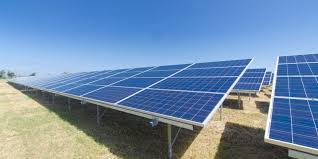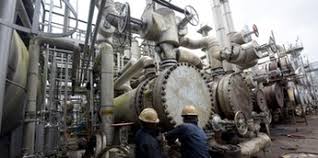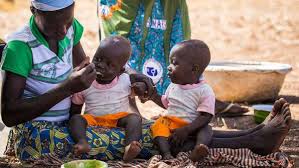The senior executive of India’s Export-Import Bank announced intentions to increase investments under a government-supported line of credit program to finance Indian enterprises wishing to reach rapidly expanding African markets as part of an effort to increase trade connections.
Indian Prime Minister Narendra Modi has increased attempts to deepen connections with African countries through subsidies for infrastructure projects and private investments by Indian enterprises in the face of escalating competition from China.
“Africa is becoming a big consuming continent, and their Indian companies have huge potential to find a market,” Harsha Bangari, managing director of Export-Import (EXIM) Bank of India, told Reuters in an interview on the sidelines of the 18th CII-Exim Bank Conclave on India-Africa Growth Partnership.
She said that over 300 small Indian businesses were receiving assistance from the government-owned EXIM Bank, which is essential in providing export finance and lending to other nations on government-directed terms.
She stated, “We are seeing a consistent and steady trend,” in the growth of lines of credit and trade finance, and noted that EXIM Bank had thus far committed $12.8 billion in credit to 42 African nations.
According to her, the bank intends to raise $3-$3.5 billion in the current fiscal year, the majority of it in U.S. dollars, to finance new projects.
India is among the top five investors in Africa, according to government officials who spoke to African leaders during the three-day conference, with investments totaling close to $75 billion.
In the fiscal year that ended in March 2023, bilateral commerce between India and Africa increased to around $100 billion, and the government plans to increase it to $200 billion by 2030.
As part of India’s economic diplomacy, the EXIM Bank has dealings with several African nations, including those relating to a metro rail project in Mauritius, the export of buses from India to Senegal, and an electricity project in the Gambia, according to Bangari.
She said, “Among other sectors for supporting financing to the African countries, we have selected sustainable fuels and minerals for transportation, renewable and clean energy, and climate-wise agriculture.




















